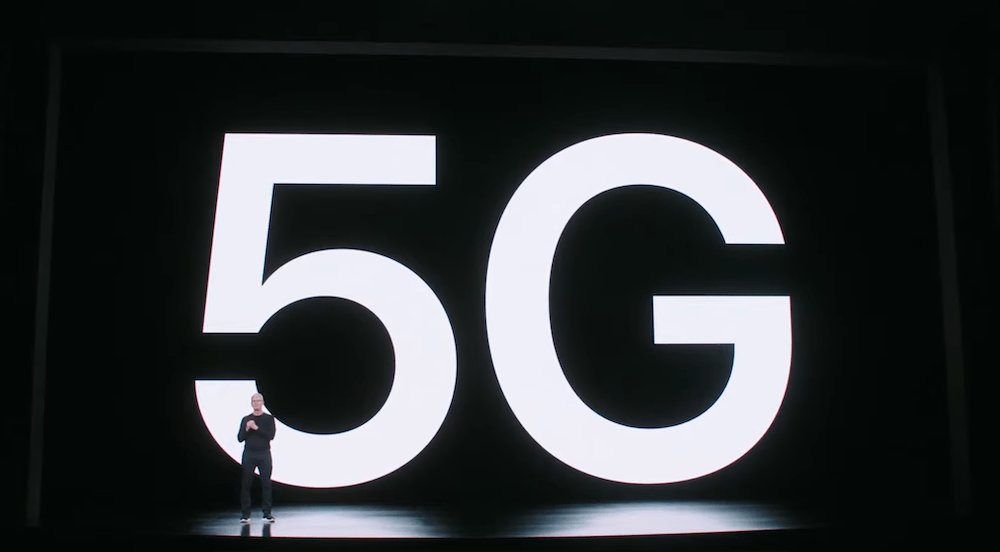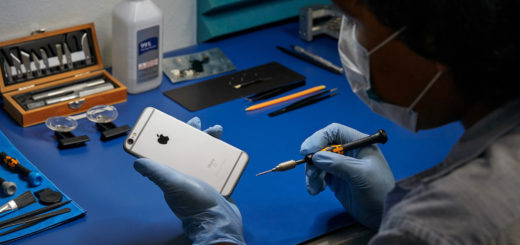Apple 5G modem development seems on track for 2024

Apple doesn’t have its own 5G radios yet
Apple’s 5G modem development efforts continue, but the attempt is proving even more long haul than was thought before, meaning the company will continue to use 5G modems from Qualcomm into at least 2023, an analyst claims. This broadly reflects expectation, perhaps with a little delay.
Apple hasn’t got its chips yet
Ming-Chi Kuo (who else), claims Apple’s own 5G development efforts “may have failed”, which I take to mean have not succeeded so far – which he subsequently also says when he explains his belief “Apple will continue to develop its own chips”.
So that’s confusing.
What this means, the analyst said, is that Apple will continue to use modems from Qualcomm. The latter anticipated losing its iPhone business starting 2023, but this now seems to be extended and the company will continue delivering 5G for iPhones at least into 2023.
I have previously noted both that TSMC will only begin making Apple’s modems in 2023, and that (some of the) production may even take place in Thailand. So perhaps it’s not at all surprising the first iPhones won’t get these chips till a subsequent year.
What’s the background?
Apple has been working to develop its own 5G chips for years, originally with Intel. The latter was unable to provide them, exited the business and sold its modem development arm to Apple for a billion dollars. Apple also reached a huge settlement with Qualcomm and became a 5G modem customer of that company under a deal that could extend into 2027.
Apple continues work to build its own 5G processors, of course, and I’m in no doubt has teams already focused on the development of 6G modems in preparation for that standard to emerge in just under a decade.
Apple does face some problems manufacturing the chips. First, the entire industry continues to resonate with supply chain and raw material resourcing problems; second, the company knows it must make use of manufacturing facilities outside of its traditional Chinese base to protect logistics and supply, which also takes time. Finally, it must develop tech that is sufficiently robust for the mass market. All of which may not have come together in the schedule it first chose.
How it happens?
It seems unlikely the company will move immediately to equip its flagship product with 5G modems it makes itself. While the modem will deliver better connectivity and lower power, and may enable the creation of new designs, it needs robust market testing first.
It’s in that context that we should anticipate the company may first place its new modems in a lower volume product such as an iPad. But it now looks like that first generation device may not appear until 2023 at the earliest.
Please follow me on Twitter, or join me in the AppleHolic’s bar & grill and Apple Discussions groups on MeWe.




